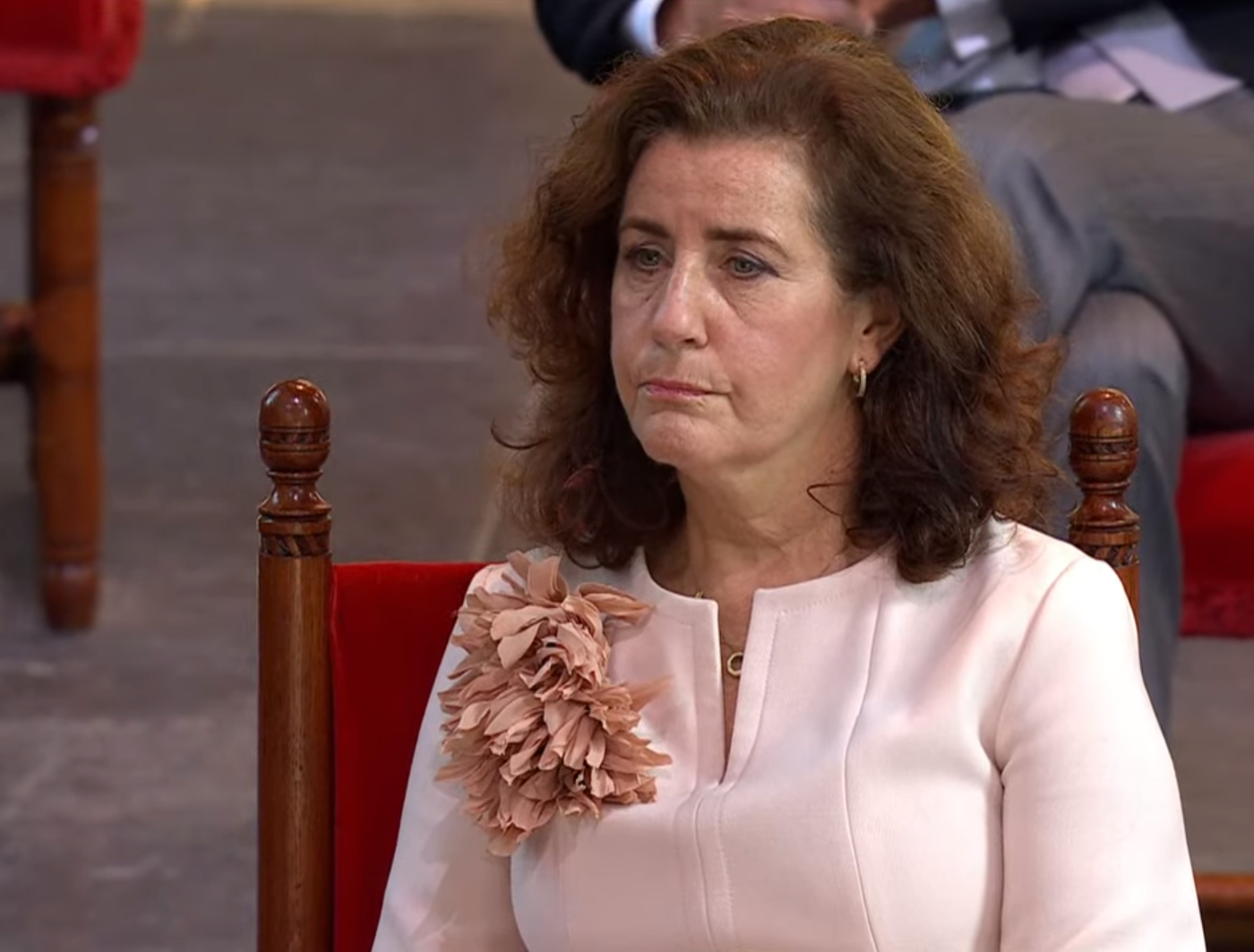Education budget under fire: 'stagnation equals regression'

For the second year in a row, the national budget for Education, Culture and Science has little to offer higher education and academic research. Last year, the budget was announced when the national elections were looming, this time the Dutch are waiting for a new cabinet to be formed.
In the meantime, it looks like that the message of academic campaigners and lobbyists has finally gotten through to the politicians in The Hague. The number of students enroling in higher education keeps going up, which generates “high workload pressure”, ministers acknowledged in the Annual Budget Memorandum. This, of course, has a negative impact on the quality and accessibility of education. They also acknowledge that scientific research deserves support. “High level science and innovation are necessary to solve social problems and create future earning power”, ministers write.
Enough
Despite recognising the problem, no extra funding is being allocated for it. The caretaker government seems to think it has already done enough, after providing higher education institutions with financial support to deal with the coronavirus crisis, through the National Programme for Education. More than 8 billion euros have been allocated for this purpose, to be distributed until the end of 2023, in addition to the 20 billion euro from the National Growth Fund for Infrastructure and Innovation, which will be distributed over five years.
Students and the youth wings of political parties saw it coming. The day following the budget announcement, they were already out protesting in front of the Dutch Parliament buildings. They want the return of the basic student grant, which was replaced with a student loan system in 2015, as fast as possible.
“Ministers want equal opportunity in education, but you can’t achieve that with nice words alone”, fumes Ama Boahene, chair of the Dutch Student Union. “It’s incomprehensible that, once again, no money is being allocated to do away with the system of student loans and for structural investment in education.”
The lack of investment is “astonishing”, complains Lisanne de Roos, chair of the National Students Association (ISO in the Dutch acronym). “We’re simply being ignored.” She calls the funding from the National Programme for Education "a band-aid on a gaping wound."
Crying shame
The General Education Union (AOb in the Dutch acronym) is more outspoken, calling the budget “a crying shame”. Pointing to the extra money allocated for security and the housing market, chairperson Tamar van Gelder asks: if they can do that, why can’t they find extra funds for education? She’s planning on holding protests if the next cabinet doesn’t deliver on its promises.
The Dutch Association of Universities of Applied Sciences didn’t wait for the day when the budget would be announced, preferring to send out a press release about how long parties are taking to form a new coalition government (the elections were held in March). According to them, the delay is causing bottlenecks in the higher education sector, as well as damaging the job market. More funds should be made available for retraining and further education, they argue. Finally, they demanded that the caretaker government or the next cabinet invests an extra 240 million euros annually in practice-based research.
The universities have not yet responded to the budget, but in recent months they have repeated time and again that they need an extra 1.1 billion euros per year. Outgoing Minister of Education, Ingrid Van Engelshoven, stated that she will be leaving decisions about these expenditures to the next government.
The ministers have shrugged off the criticism. “If you take a good look at how much we are spending as a caretaker government, I think it’s unprecedented”, said outgoing Minister of Finance Wopke Hoekstra to the Dutch public broadcasting service, NOS.